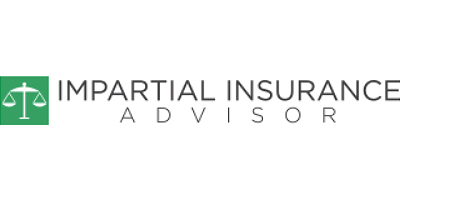How to Best Care for Your Future Widow
Let’s say you’re in your mid 50’s, the kids are leaving the nest, the mortgage is nearly paid, and the 401k has grown well. Your financial position isn’t where you want it, but it is within striking distance.
But you’ve also lost a parent or two, and the brevity of life is coming into clearer focus. You consider the final quarter and envision your wife as a widow, as statistics say most women become. You can buy a 20-year level premium $250,000 term policy for only $100/month to bridge the gap while getting closer to Social Security age and completing financial goals. Is that a good idea?
Or is there a better use of that money, say to accelerate the mortgage or fund a Roth? Which is likely to help her more? Let’s see how it usually plays out.
We are more emotional than we would like to think, especially when it comes to fear-driven issues like life insurance. It leads to overbuying. It may be motivated by noble intentions of a husband, anxiety of a wife, or an agent.
It’s often accompanied by unawareness of other survivorship benefits like a death benefit under a pension plan, or how the 401k could bridge the gap to Social Security Survivorship benefits. Agents whose compensation is a percentage of premium collected are more tempted to fan those embers of fear than explain to their clients how they are insured already, how unlikely they are to get a return on their insurance premium dollars, or alternative uses of those dollars.
The paradox of overbuying is that, while creating an immediate illusion of security, those expansive decisions rarely help the family. Well over 95% of 10-, 15-, and 20-year term policies expire before the insured does. They are paid for over their term and then thrown in the trashcan. Like playing the lottery: a bad bet.
On the other hand, your wife is likely to become your widow. Men on average die five years before women and their wives are sometimes younger too. How should you address this need?
Ironically, it’s not necessarily by buying more life insurance. Look at some simple probabilities. These are tapes that are always running in the back of my head when advising clients on life insurance.
What will $100/month, directed three different ways, likely become by the time our 55-year-old dies?
| After 20 years: | In another 10 years, near normal life expectancy | |
| Term life ins. | 90%+ get nothing | |
| Prepay 4% Mortgage | $36,000 greater house equity | $53,000 |
| Roth IRA @ 8% | $59,000 | $130,000 |
This example considers a male in his mid-50’s, buying a $250k 20-year level term policy for $100/month, or using the same amount to prepay the mortgage, or fund a Roth.
Compounding $100/month savings for 20 years, and then compounding that total another 10 years without further premium contribution (puts him closer to normal life expectancy), equals $130k in a Roth for his wife’s (or his) ultimate use, versus a term policy in the trash can. Which better cares for their likely future?
(This is a revision of a guest blog on Sound Mind Investing Editor’s blog, February 4, 2011.)
